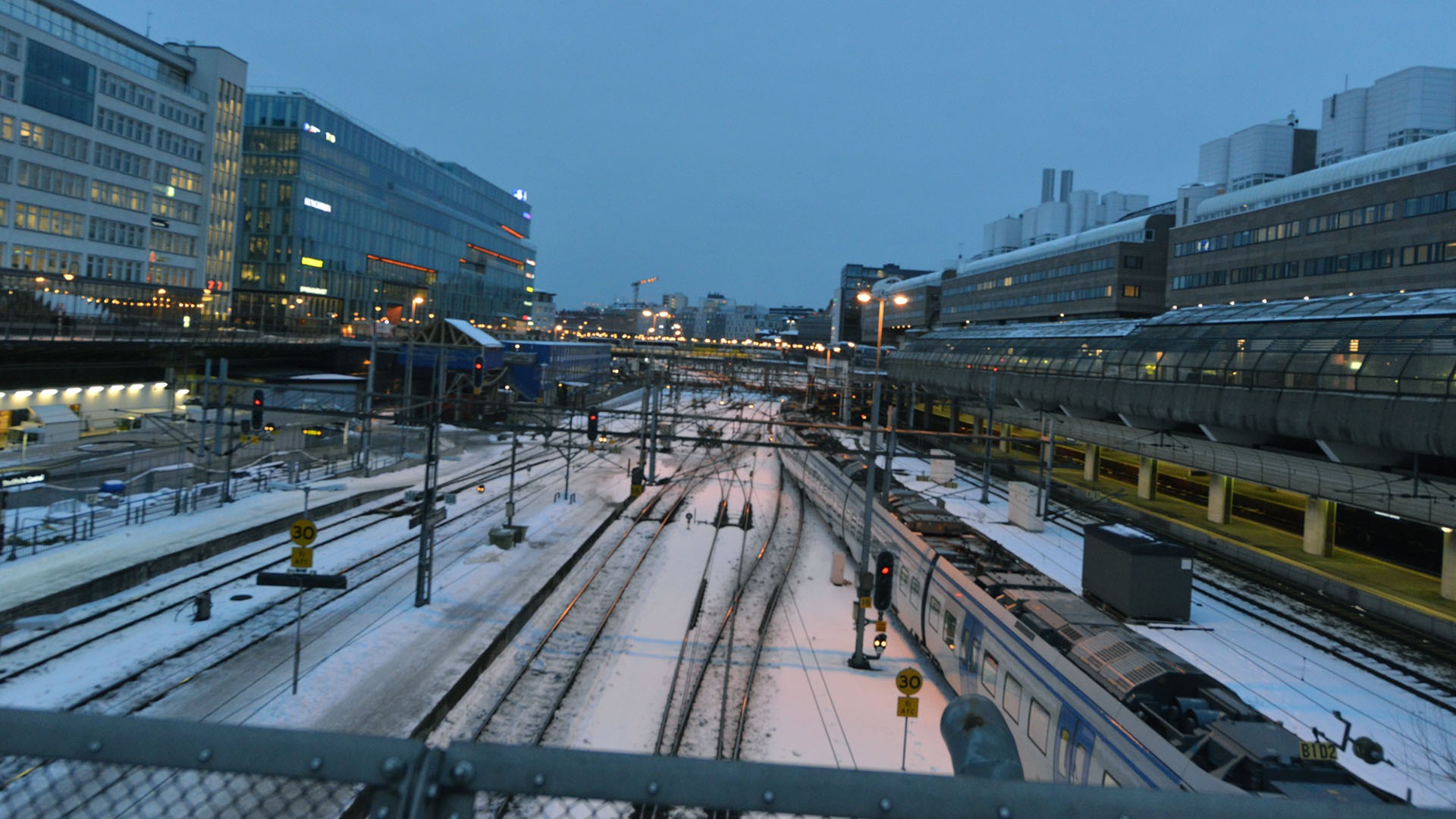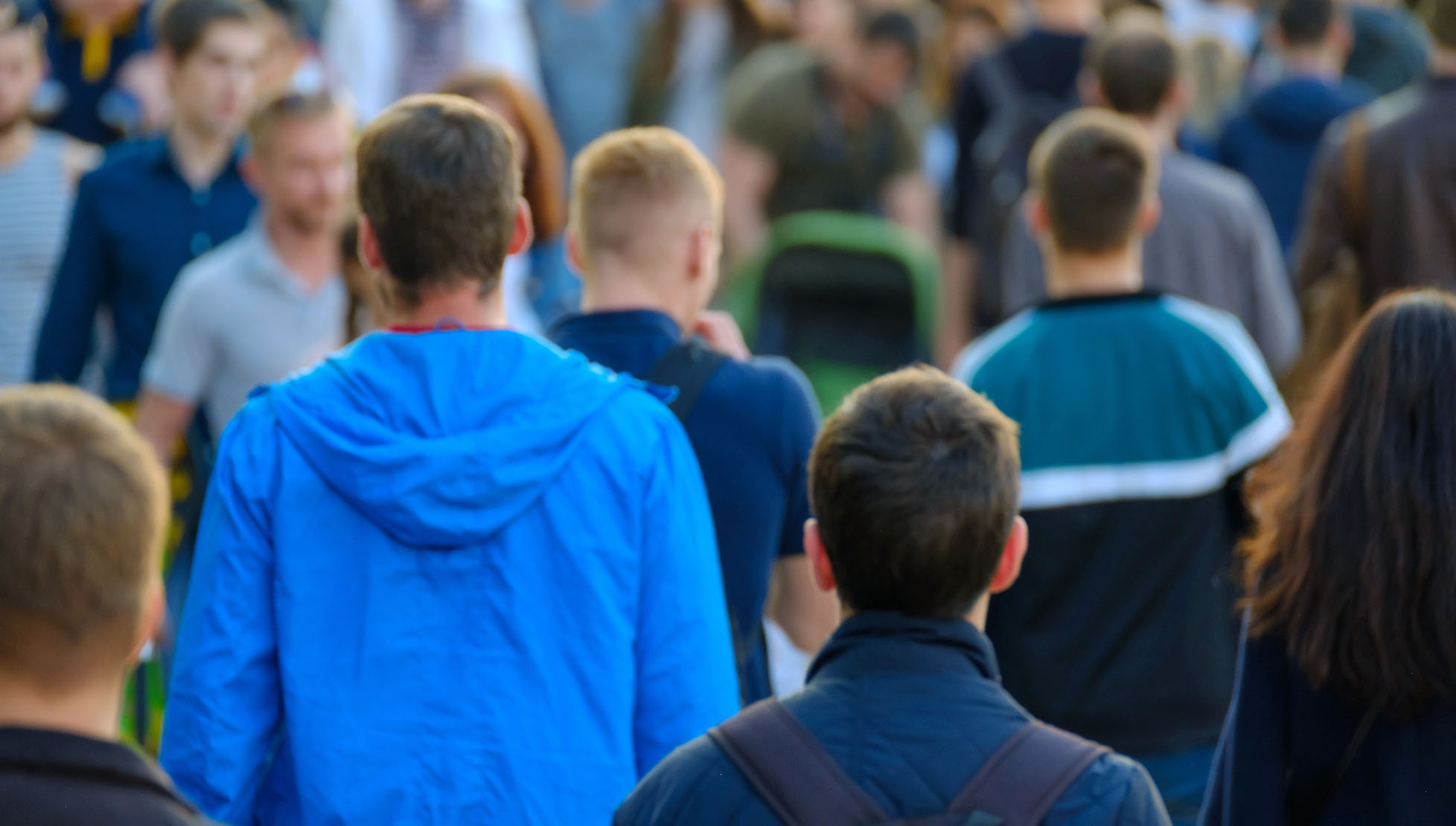Shadows from the German past
When the Wall came down and East and West Germany were to be reunified, the sense of national identity became a high priority issue. But work toward the creation of a common German history also led to a lowering of the threshold for anti-Semitism and xenophobia. This is what historian Jan Selling of Lund University claims in the dissertation he is now submitting. Helmut Kohl got the work underway by normalizing the sense of German nationalism back in the early 1980s. He promised an “intellectual and moral turning point” with which the negative aspects of the past would be “neutralized.”
“It would be politically acceptable to express nationalism, even though Germans still prefer to call it national consciousness or patriotism,” says Jan Selling.
When Germany was reunited, the matter came to a head. The two states had both come to terms with their past, but in different ways. East Germany described itself as an anti-fascist state, whereas West Germany saw itself as anti-totalitarian.
Jan Selling has studied three German conflicts of memory that arose during the 1990s and that stirred much debate in the media and in politics. One of them involves the struggle over how to depict the history of the concentration camp Buchenwald. It had been used as a Soviet internment camp in the years following World War II and later as an anti-fascist memorial site. A debate grew between different groups of survivors regarding what should be done with the former concentration camp. The other two conflicts of memory that Jan Selling has studied are the transformation of the former GDR monument Neue Wache Unter den Linden into an anti-totalitarian national monument, and the 12-year debate about the form of the Holocaust Memorial in Berlin.
The discussions surrounding these three events grew bitter and what ensued was something Jan Selling calls “centrist extremism.” Two well-known Germans from the political center, the author Martin Walser and the journalist Rudolf Augstein, founder of the news magazine Der Spiegel, made some anti-Semitic pronouncements, though in veiled form. Among other things, they maintained that the German attempt to create a national consciousness was being sabotaged by prominent Jews, and there was a stark polarization between what is German and what is Jewish.
“The fact that the debate arose in the society’s political center meant that it was widely accepted. Many taboos were loosened up, and several individuals started using language that was reminiscent of classic anti-Semitism,” explains Jan Selling. He believes that it was possible for this to happen since there was such a strong movement to create a common national identity.
The new German coexistence after the demise of the Wall is grounded in the notion that Germany is a chastened nation. The Holocaust is a central part of the historical discourse, and earlier differences between leftist liberal and conservative positions have been bridged. But, according to Jan Selling, this has transpired at the expense of a lowered threshold for anti-Semitism and xenophobia.
Jan Selling will defend his dissertation on September 24, at 10:15 a.m. in Hall 3 at the Department of History. It is titled Ur det förflutnas skuggor-historiediskurs och nationalism i Tyskland 1990-2000 (Out of the Shadows of the Past-Historical Discourse and Nationalism in Germany 1990-2000).
Kontaktinformation
The author can be reached at phone +46 490-70292, cell phone: +46 732-057009, or e-mail: Jan.Selling@hist.lu.se.




